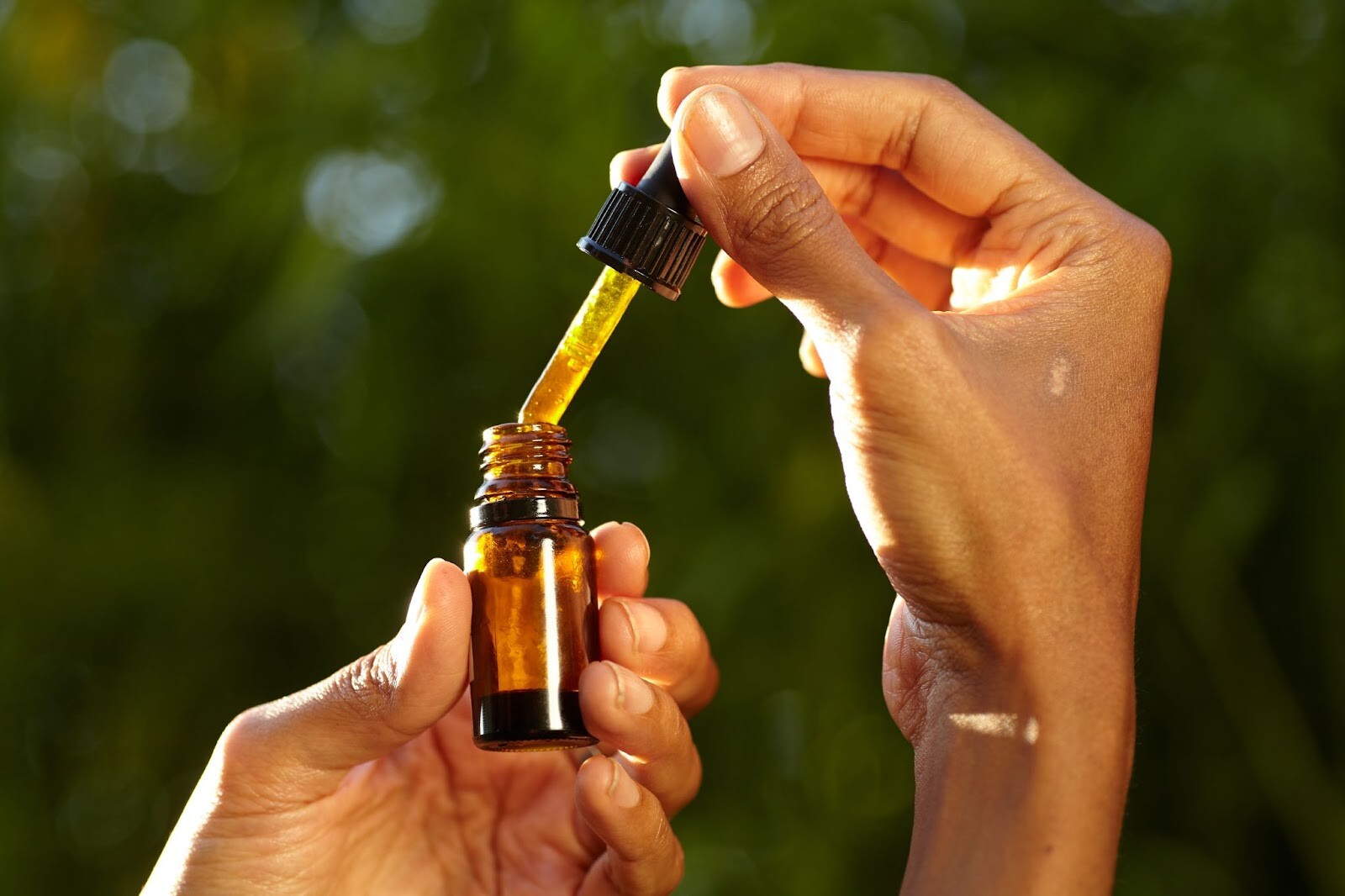CBD specialists claim CBD has many potential health benefits, from aiding sleep and anxiety disorders to relieving pain associated with arthritis and cancer. As time goes on, CBD research expands, helping us understand how this famous cannabinoid interacts with the human body. ADHD is among the conditions people claim CBD helps with, but what does the research say? This article will explore what ADHD is and how CBD may provide relief.
What is ADHD?
Attention deficit hyperactivity disorder (commonly known as ADHD) is a developmental disorder that affects people’s behaviour and may make people seem restless, unfocused or impulsive. Symptoms of this condition tend to show at a young age, with most cases diagnosed between 6 and 12 years of age. That said, there are some adults that have gone undiagnosed and suffered from these symptoms into their adult life.
Unfortunately, nowadays, there is no cure for ADHD, and the cause is unknown. However, symptom management will help the patient cultivate more calm and focus in their life. Through peer support, talking therapies or medication, the treatment provides some relief from the symptoms. The two types of ADHD are usually split into categories, including inattentiveness and hyperactivity and impulsiveness.
However, the severity of symptoms will show up differently between people. In fact, inattentiveness symptoms occasionally go unnoticed or are mistaken for other conditions or learning disabilities. Moreover, according to a 2016 study published by the Journal of Clinical Child and Adolescent Psychology, women and girls are more likely to go undiagnosed with ADHD because it may show up differently, and often the symptoms are subtle – making them harder to identify.
ADHD Symptoms
Diagnosis usually occurs in childhood, but it’s not unlikely for ADHD to remain undiagnosed until adulthood. The symptoms may differ between ages. While adults are less likely to be hyperactive, their inattentiveness may get worse as the pressure of adulthood increases.
Some adult ADHD symptoms may include:
- Lack of attention to detail;
- Inability to concentrate and prioritise;
- Starting new tasks before finishing other ones;
- Poor organisation;
- Impatience;
- Losing things;
- Forgetfulness;
- Restlessness and irritability;
- Speaking over others;
- Takes risks with little regard for safety;
- Mood swings;
- Struggling to manage stress.
Alongside these primary symptoms, someone with ADHD may likely experience other conditions. Although depression is the most common, people may also have OCD, bipolar disorder, and personality disorders.
CBD and ADHD
CBD (otherwise known as cannabidiol) is a popular natural compound that derives from the hemp plant. Not only is it available in a variety of product formats, but you can also find low strength options like CBD oil 10% or more potent ones to reap its potential positive effects. Research shows that CBD may interact with the endocannabinoid system (ECS), which aids cell communication. By supplementing this system, CBD may help enhance the ECS functioning helping regulate mood, immune response, inflammation, the central nervous system, digestion and more.
Some potential benefits of consuming CBD:
- Reduced mood disorder symptoms;
- Helps reduce pain;
- Improved sleep quality and quantity;
- Aid in Epilepsy management;
- Helps to manage acne severity and scars;
- Reduce nausea and sickness.
What Does the Research Say About Cannabidiol and ADHD?
Interestingly, cannabis seems to cause similar side effects as ADHD, such as impaired attention and functioning; hence, a 2017 report by Alcohol & Drug Abuse Institute hypothesise it may worsen ADHD symptoms. There is no exact proof for these claims, but many people associate similar anecdotes with CBD.
In reality, CBD differs significantly from marijuana. Cannabis is often associated with its intoxicating effects, caused by the compound THC. Unlike THC, CBD is not intoxicating and will not cause a ‘high’. That said, during production, manufacturers try to remove most, if not all, of the THC from the final product, but trace amounts may still be present. However, this is not enough to cause intoxication.
A 2013 study published by the Substance Use & Misuse journal reviewed how ADHD and cannabis interacted. The researchers collected data from 2,811 cannabis users. A large portion self-reported having symptoms of hyperactivity and impulsivity when they do not use cannabis.
A smaller study from 2017 published by the European Neuropsychopharmacology journal reviewed ADHD adults who self-medicate with cannabis. The results showed an insignificant improvement in functioning and symptom relief. The researchers noted a minor improvement in impulsivity and hyperactivity but concluded there was not enough evidence to favour it over a placebo.
The research on ADHD is limited, highlighting that further study is needed to determine how cannabis and CBD affect ADHD. Future research will also seek to understand the relationship between ADHD and the endocannabinoid system.
Alternative Ways CBD May Aid ADHD
Even though there is a lack of research on CBD and ADHD, the current evidence suggests that CBD may play a role in symptom relief.
Sleep and Anxiety
People who have ADHD often experience other conditions alongside it, such as sleep and anxiety disorders. Fortunately, CBD may be able to help these side effects. In a large 2019 case study published by The Permanente Journal, participants took CBD to attempt to improve anxiety and sleep scores. By the end of the study, there were 72 adults. The results saw anxiety scores decrease in 57 patients within the first month – these scores remained low for the duration of this study. Moreover, sleep also improved for 48 patients, and all but 3 patients tolerated the CBD well.
Concentration and Motivation
Fatty acid amide hydrolase (FAAH) is an enzyme that breaks down the anandamide molecule. Nicknamed the ‘bliss molecule’, anandamide is responsible for pleasure and motivation. According to one study published in the Current Psychiatry Reports journal in 2019, CBD may play a role in inhibiting FAAH and the uptake of anandamide. This allows more of the bliss molecule to remain and promotes feelings of happiness and motivation. When anandamide is readily available, it may reduce fear, anxiety, and stress, thus enhancing focus and reducing mental clutter. Concentration, motivation and mental distractions are a challenge for people who have ADHD, but interestingly, CBD may provide some relief from this.
Mood and Irritability
One of the endocannabinoid receptors plays a role in the central nervous system – which may help alleviate feelings of stress and irritability. When someone consumes CBD, it seems to balance the endocannabinoid system, interact with the related receptors and allow the body to function as it should. CBD could indirectly balance mood and the central nervous system to reduce the stress response.
Final Thoughts
Despite a lack of research surrounding the effects of CBD on ADHD, the current evidence is promising for aiding symptom management. From balancing mood and the sleep cycle to boosting motivation, focus and reducing anxiety, CBD may ease people living with ADHD. Although the research is exciting and offers the potential for symptom relief, research is needed that addresses the direct effect of CBD on ADHD.
If you’re considering CBD for your well-being, talk to your doctor to ensure it will complement any current medication and if CBD is right for you.


